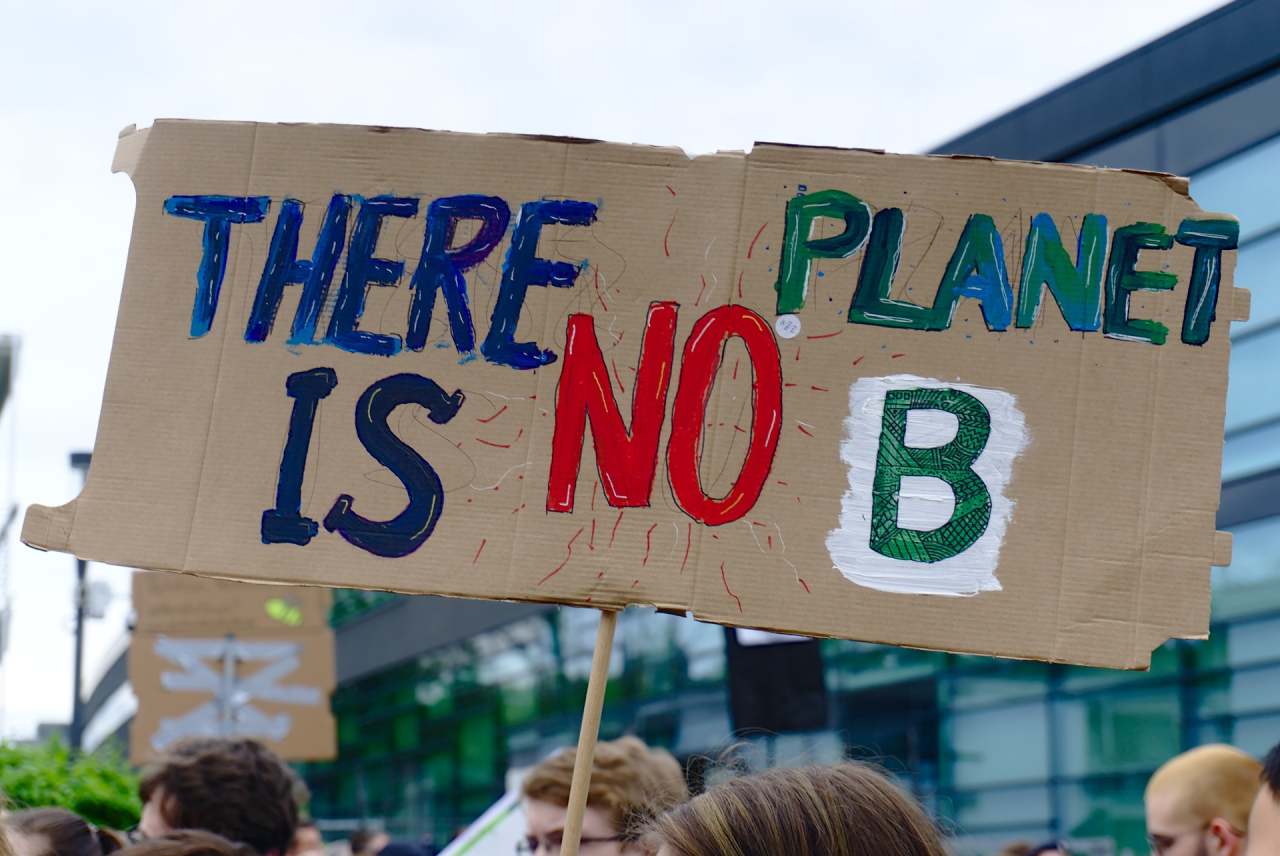As we reflect on the 30-year journey to issue 200 we can see a general trend towards wider adoption or ‘mainstreaming’ of ethical consumption ideas and approaches.
A period of dramatic change
The last three years have probably brought more dramatic changes to the world of Ethical Consumer publishing than any we have seen in previous periods. From our own point of view, we have seen our paying (and non-paying) readership increase by more than 100% as interest in buying ethically has mushroomed everywhere.
Much of this has been down to the pandemic and the general behaviour changes that this caused, such as more online shopping, and a rise of interest in print publications. But there are some other factors at play.
Climate change, the pandemic and ethics
A survey of 99,000 people conducted across Europe in September 2021 found that 49% of respondents said sustainability aspects had become more important or much more important to them since the pandemic. (31% said 'more', 18% said 'much more' important; 44% said sustainability aspects were equally important i.e. no change, and 7% said they were less or much less important than since the pandemic.)
Although there are problems with surveys in this area generally, these results show a big rise in people claiming to be more concerned about ethical issues. Probably the core reason is that the reality of climate change and the failure of our current systems to deal with it are becoming more apparent by the day.
A secondary and interlinked reason is that the pandemic gave many people the opportunity to pause and reflect on their lives and ask what they really value. This generally observed rise in ethical concerns has, in turn, created a range of other effects.







